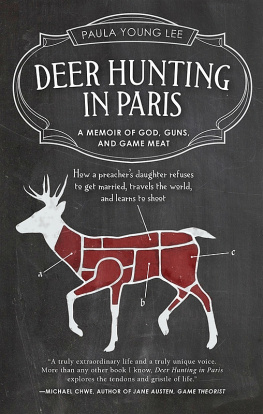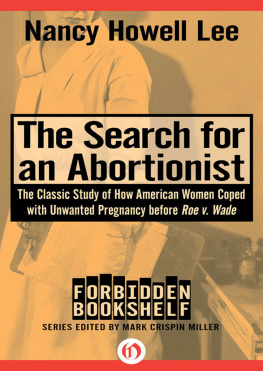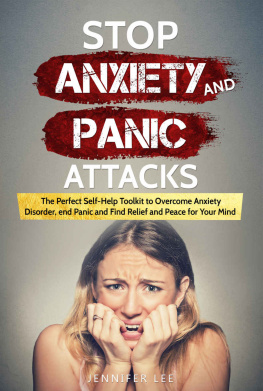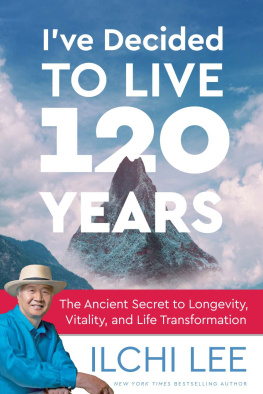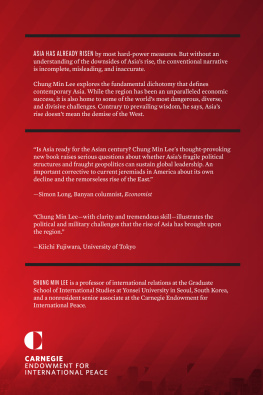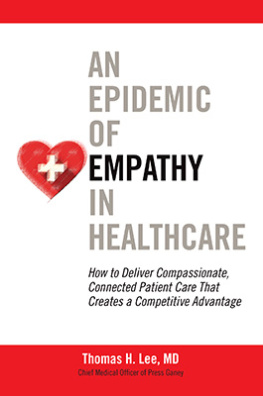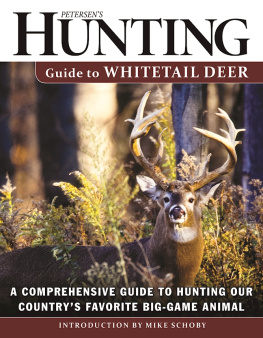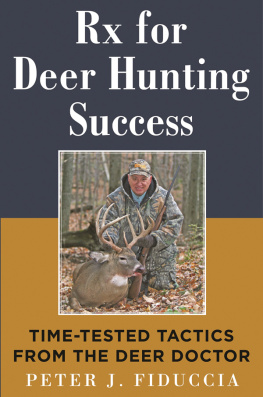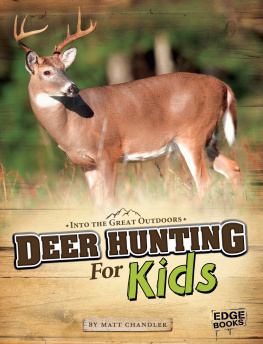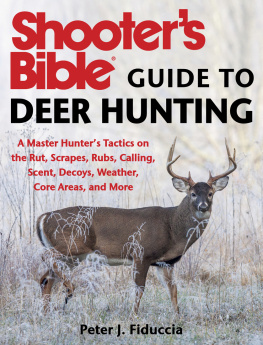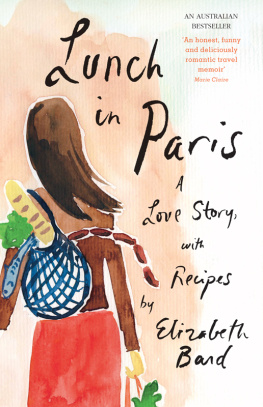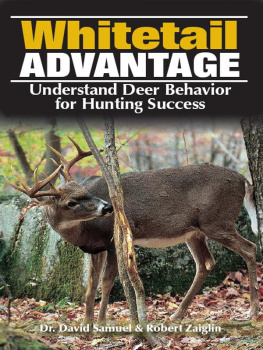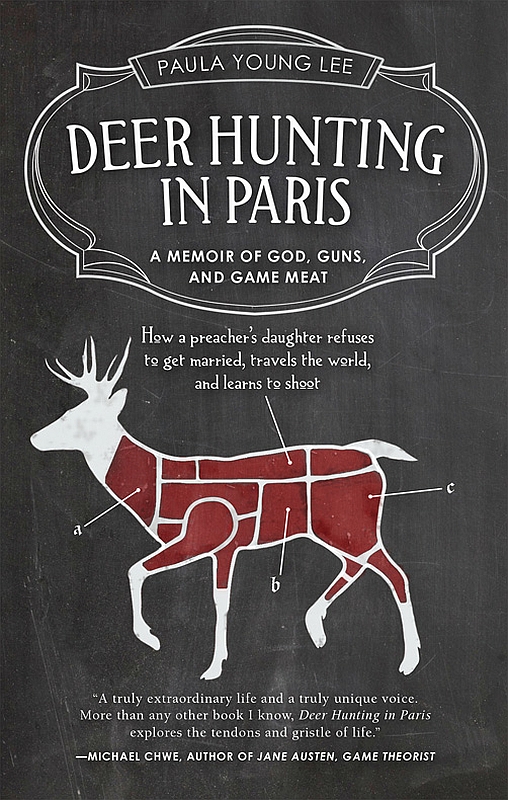
P RAISE FOR D EER H UNTING IN P ARIS
Paula Young Lees memoir, Deer Hunting in Paris, bursts with wit, recipes, and unexpected juxtapositions. I grew up Korean American in Alabama, but Paula grew up Korean American in Maine, which is even stranger. I did not go on to explore Paris and moose hunting like Paula did, but her memoir, which is unexpectedly moving, makes me wish I had. A truly extraordinary life and a truly unique voice. More than any other book I know, Deer Hunting in Paris explores the tendons and gristle of life.
Michael Chwe, author of Jane Austen, Game Theorist
From the rugged backwoods of Maine to the streets of Paris, Paula Young Lee takes you on an unexpected journey. Through deep insight, arresting imagery, and deft turns of phrase, she reveals the meat, blood, and bone of our hungers, dark and true.
Tara Austen Weaver, author of The Butcher & The Vegetarian
Not many narratives have you laughing, wincing, and weeping at the same time. Deer Hunting in Paris is pure prose genius. Smart and smart-alecky, a delight on every page.
Gary Buslik, author of A Rotten Person Travels the Caribbean and Akhmed and the Atomic Matzo Balls
Paula Young Lee is M.F.K. Fisher with a gun, Julia Child prepping roadkill.
Marcy Gordon, editor, Leave the Lipstick, Take the Iguana, author, comeforthewine.com
Deer Hunting in Paris is a story of hunger and faith, and faith in hunger. But theres more to it than that: a frenetic electricity, a stumbling toward an illusion of arrival thats hard to put a finger on. Paula Young Lees memoir is the stuff of sumptuous and bloodthirsty parable, a story at once new and strange, and yet engrained, guiding us with searing wit through the chambers of our lives. In her commentary on contemporary culture, her catalogue of references that shift from ancient to pop in the blink of an eye, this is a memoir that proves and interrogates the wild interconnectedness of things, especially those that may at first seem glaringly dissimilar. Lee moves us from Maine to France and back again, whirls us among Jesus and Kafka, IKEA and The Big Buck Club, love, shotguns, longing, and death. The dying, she tells us, have epiphanies and enemas. Rarely has such a spectrum of quirky meditations been so funny, and so true. The result is a tale that makes you laugh, scratch your head, rock your heart back from the breaking, and ultimately, exhale, exhilarated, having just learned that the weirdest arenas in our lives are often the most beautiful.
Matthew Gavin Frank, author of Preparing the Ghost, Pot Farm, and Barolo
I have a new favorite writerI love this book. Like Spalding Gray before her, Paula Young Lee has written an endearingly neurotic monologue full of cleaver-sharp, side-splitting storytelling. There are books (think Bill Bryson, J. Maarten Troost, Tahir Shah) that contain an ultimate moment that for years I read aloud to friends, but Deer Hunting in Paris is an entire book of such moments. I phoned friends and family and stopped strangers to read aloud some of Paulas moments: her nose nestled between her boyfriends butt cheeks as they train for the wife-carrying competition, her childhood dream that Turkish delight is 100% giblets, trying on a camouflage bikini (while ammo shopping) that turns her into both a wallflower and a butterball, a wedding day pig roast with a guy nicknamed Smeg, short for smegma. What I wasnt expecting in this witty romp was a wisdom and way of looking at life and death that would make this the most personally profound book Ive ever read. My life-long all-consuming terror of death was bizarrely put out of its misery with Lees rational portrait of the inevitable for all of us creatures as she deftly handles flesh for feasting.
Kirsten Koza, author of Lost in Moscow: A Brat in the USSR
Paula Young Lee takes us on an intriguing whirl through a Paris most of us have never seena Paris of Republicans, rifle-toting New Englanders, and riotous tales of hunting. Your stomach will ache from laughter and hunger at the same time.
David Farley, author of An Irreverent Curiosity
P RAISE FOR P AULA Y OUNG L EE
On Meat, Modernity, and the Rise of the Slaughterhouse:
An unexpectedly fascinating collection of essays by historians, geographers, economists, and even an architectural historian (who is the general editor), covering France, Germany, Britain, the United States, and Mexico. The subjects range from technology to sanitation to humanitarian concerns, with rich material on the culture and traditions of the abbatoir.
Kitchen Arts & Letters
A unique compilation that chronicles the transition of the meat processing industry in the nineteenth century. The collection illustrates the change from individual, community-based butchering to a centralized, municipally controlled process. Readers who enjoyed the popular books of Michael Pollan, Erich Schlosser, or Peter Singer would be drawn to this.
The Social Science Journal
On How To Be a Homeless Frenchman:
Intelligent without snobbery, poignant without sappiness, and hilarious without end, the novel serves up delights and surprises like a many-layered candy egg with a secret center.
Ron Cooper, author of the critically acclaimed novel, Purple Jesus
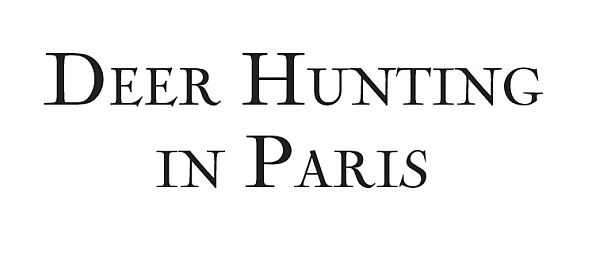
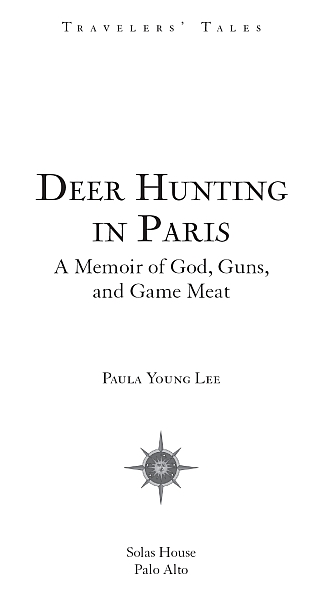
Copyright 2013 by Paula Young Lee. All rights reserved.
Travelers Tales and Solas House are trademarks of Solas House, Inc. 2320 Bowdoin Street, Palo Alto, California 94306. www.travelerstales.com
Production Editor: Natalie Baszile
Page layout and photo editing: Scribe Inc.
Cover design: Kimberly N. Coombs
Author photographs: snowshoeing with campfire, Arthur Jackson; carousel, John Feeney
Interior design: Melanie Haage
Distributed by Publishers Group West, 1700 Fourth Street, Berkeley, CA 94710
Library of Congress Cataloguing-in-Publication Data Pending
ISBN 10: 1-60952-080-7
ISBN 13: 978-160952080-9
E-ISBN: 978-1-60952-081-6
First Edition
To my parents
Contents
Keaton always said, I dont believe in God, but Im afraid of him. Well I believe in God, and the only thing that scares me is Big Bird.
Verbal Kint, in The Usual Suspects, 1995
P arishioners believed he could heal them with his hands. As a kid, I knew my father was different, and it had nothing to do with the fact that he was a preacher. His legs were shriveled down to bone and he walked funny, sometimes with a cane. His face beamed. He forgot to eat. He liked Maine, because the rocky terrain reminded him of home. He and my mother came to the U.S. from Korea after the war. At first, there were four of us, and then there were five: my father, my mother, my brother, my sister, and me in the middle. My older brother and I fought mean and hard, locked in a death match from the day I was born. Oblivious to the slugfest, my baby sister sat back and let the adults admire her. She was the pretty one, and could never figure out why I was so furious all the time. She was born with grace. Predictably, her Korean name, Young-Mi, means flower. Mine is Young-Nan. It means egg.
Together, the three of us practiced our musical instruments, spoke English at home, and got straight As in school. We grew up ringing church bells every Sunday, pulling down the ropes and flying up into the belfry. My sister and I sang in the choir as my brother pummeled toccatas and fugues out of the organ. There was Sunday school, bible study, and neighborly visits to the nursing home, but the part I liked about church was Christmas, and the fancy food.

